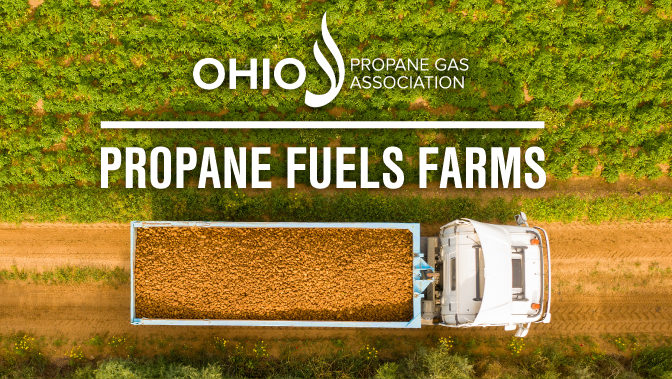OPGA Offering Farmers $4,000 for One Truck, up to $16,000 for Four
Pickup trucks are a farm staple regardless of the size of the operation. It’s common to see a Ford F-250 truck running around farm acreage.
That same F-250 can operate on propane—either as a dedicated propane vehicle (propane alone) or as a bi-fuel vehicle (propane and gasoline). Manufacturers equip the propane system with liquid injection, delivering the same horsepower, torque, and towing capacity as gasoline-powered trucks. When using bi-fuel mode, drivers flip a toggle switch to switch between fuels. To convert a truck to bi-fuel, owners can install a propane conversion kit, which typically costs around $2,500, depending on the vehicle’s make and model. Technicians can install these kits easily, and the process doesn’t interfere with the vehicle warranty. The advantages of propane are both in overall cost savings and emissions reduction.
Propane costs less than gasoline or diesel because market volatility has less influence on its pricing. Also, buyers can reduce the price per gallon even further by purchasing propane during the summer when demand drops. Farmers should coordinate with their propane supplier to buy in bulk and install an on-site propane fueling station for a more efficient fleet operation.
On the emissions side, propane-fueled vehicles emit far less carbon than their gasoline and diesel counterparts. With less carbon buildup in the engine, these engines last longer. Farmers also save money because propane engines don’t require costly exhaust systems and need fewer filters and fluids, resulting in lower overall maintenance costs. The EPA considers propane a clean fuel.



